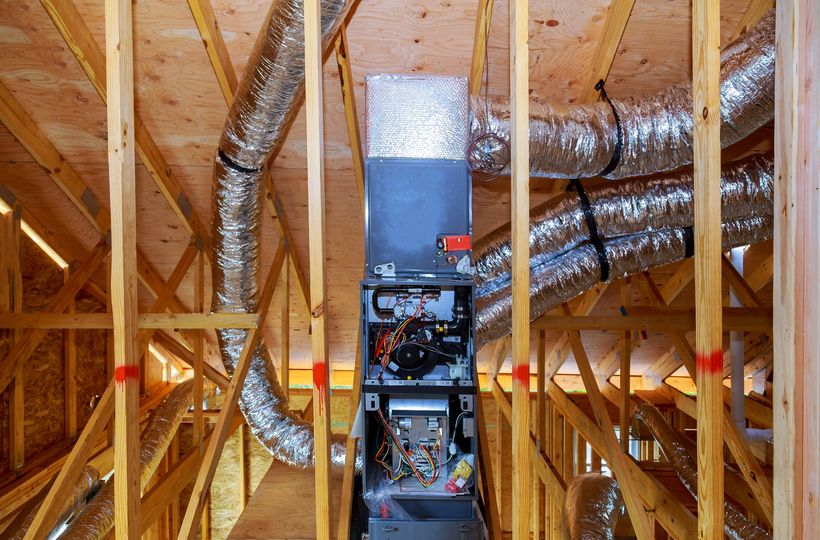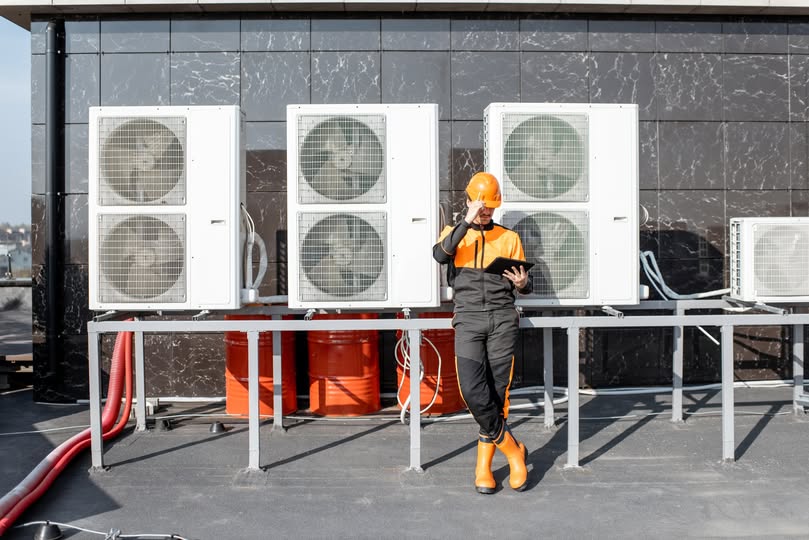Indoor air quality (IAQ) is crucial for maintaining a healthy and comfortable living environment. Poor IAQ can lead to various health issues, including allergies, asthma, and respiratory infections. The professional and highly skilled team from A-Plus Quality is here to help with your HVAC needs. Here’s why indoor air quality matters and how you can improve it:
Health Benefits: Good IAQ reduces the risk of health problems. Contaminants like dust, pollen, mold, and volatile organic compounds (VOCs) can exacerbate allergies and asthma. By improving IAQ, you can create a healthier environment for you and your family.
Enhanced Comfort: Clean air contributes to overall comfort. High humidity levels or airborne pollutants can make indoor spaces feel stuffy and unpleasant. Proper ventilation and air purification ensure a comfortable living space.
Energy Efficiency: Improving IAQ can enhance the efficiency of your HVAC system. A system that is free from dust and debris operates more efficiently, consuming less energy and reducing utility bills.
Increased Productivity: Good IAQ is linked to better cognitive function and productivity. Clean, fresh air helps you stay focused and alert, making it easier to work or study at home.
How to Improve Indoor Air Quality
Regular Maintenance: Schedule regular maintenance for your HVAC system. This includes cleaning or replacing filters, checking for leaks, and ensuring proper ventilation.
Use High-Quality Filters: Invest in high-efficiency particulate air (HEPA) filters. These filters capture small particles, improving the air quality significantly.
Control Humidity: Use dehumidifiers or humidifiers to maintain optimal humidity levels. This helps prevent mold growth and reduces the presence of allergens.
Ventilate Properly: Ensure your home is well-ventilated. Use exhaust fans in kitchens and bathrooms, and consider installing energy recovery ventilators (ERVs) for continuous fresh air circulation.
Add Indoor Plants: Certain indoor plants can help filter pollutants and improve air quality naturally. Plants like spider plants, snake plants, and peace lilies are effective in purifying the air.
Avoid Indoor Pollutants: Reduce the use of products that release VOCs, such as certain paints, cleaning products, and air fresheners. Opt for natural alternatives whenever possible.
By taking these steps, you can significantly improve the indoor air quality of your home. For expert advice and services, trust the team at A-Plus Quality to help you achieve a healthier living environment.



